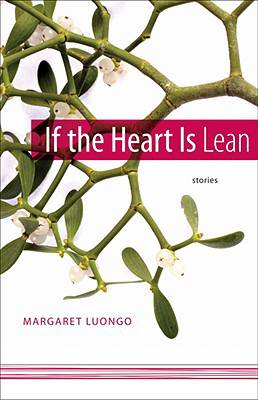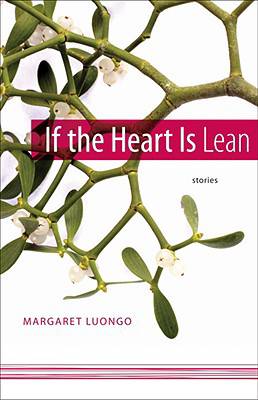
- Retrait gratuit dans votre magasin Club
- 7.000.000 titres dans notre catalogue
- Payer en toute sécurité
- Toujours un magasin près de chez vous
- Retrait gratuit dans votre magasin Club
- 7.000.0000 titres dans notre catalogue
- Payer en toute sécurité
- Toujours un magasin près de chez vous
Description
The sixteen stories in Margaret Luongo's If the Heart Is Lean etch sharp portraits of people in odd and sometimes surreal situations who thus have the opportunity to view their lives from a unique perspective. In "Chestnut Season," a young woman stalled in traffic sees her future self parked beside her; in "Boyfriends," the recently deceased protagonist endures eulogies by her ex-beaus and husbands; in "Mrs. Fargo," a young man faces a reckoning with his first-grade teacher, a suicide, for whom he's harbored a crush and whom he hopes to impress with his worldly successes. The short-short "Buoyant" introduces Elise, nine months pregnant, as she drifts down the Santa Fe River, trying to jettison her suddenly circumscribed existence. Desperate to impress upon his students the seriousness of life, the professor in "Pedagogy'" boils his head, discovering in the end a lesson learned too late.
Other stories touch upon issues of identity, following characters who find themselves in the wrong places, or who find themselves too late. At the advice of their marriage counselor, the couple in "What Nina Wants" take on the personas of Charles Mingus and Nina Simone, speeding down the Pacific Coast Highway in a rented MG, with a loaded gun and an electric bass. In a small town in 1970s New Jersey, the protagonist of "Embankment" can't decide if she's on a date or has been abducted. "Do That Everywhere" finds the teen-aged Cami on the verge of becoming her mother -- promiscuous and bitter. In "Glen Echo," a badass womanizer wonders who he is now that he's married an Italian-American Bridezilla.
Through compact, tightly woven prose, vivid imagery, and a variety of arresting narrative techniques, If the Heart Is Lean zeroes in on the humorous and painful lives of people who are mysteries to themselves.
Spécifications
Parties prenantes
- Auteur(s) :
- Editeur:
Contenu
- Nombre de pages :
- 166
- Langue:
- Anglais
- Collection :
Caractéristiques
- EAN:
- 9780807133767
- Date de parution :
- 01-09-08
- Format:
- Livre broché
- Format numérique:
- Trade paperback (VS)
- Dimensions :
- 137 mm x 211 mm
- Poids :
- 249 g

Les avis
Nous publions uniquement les avis qui respectent les conditions requises. Consultez nos conditions pour les avis.






